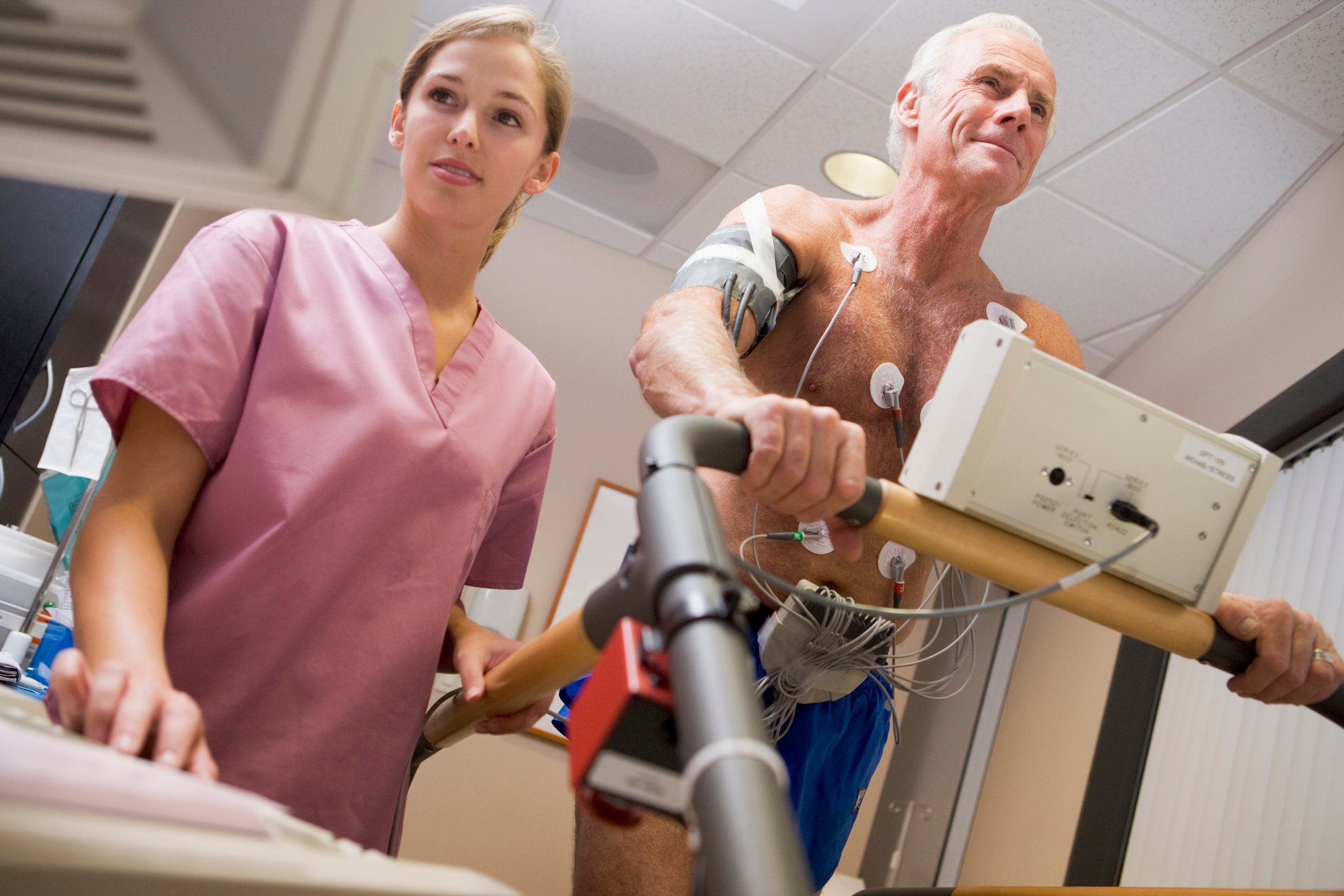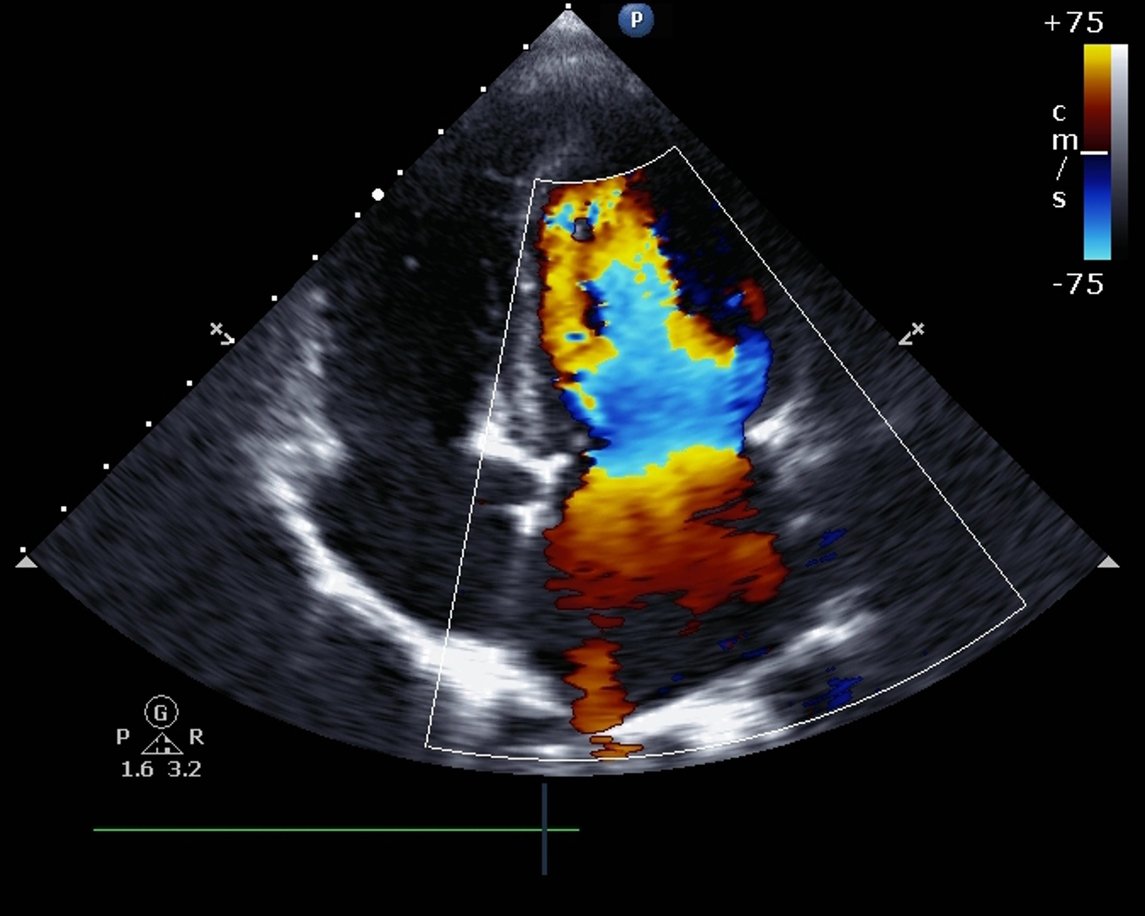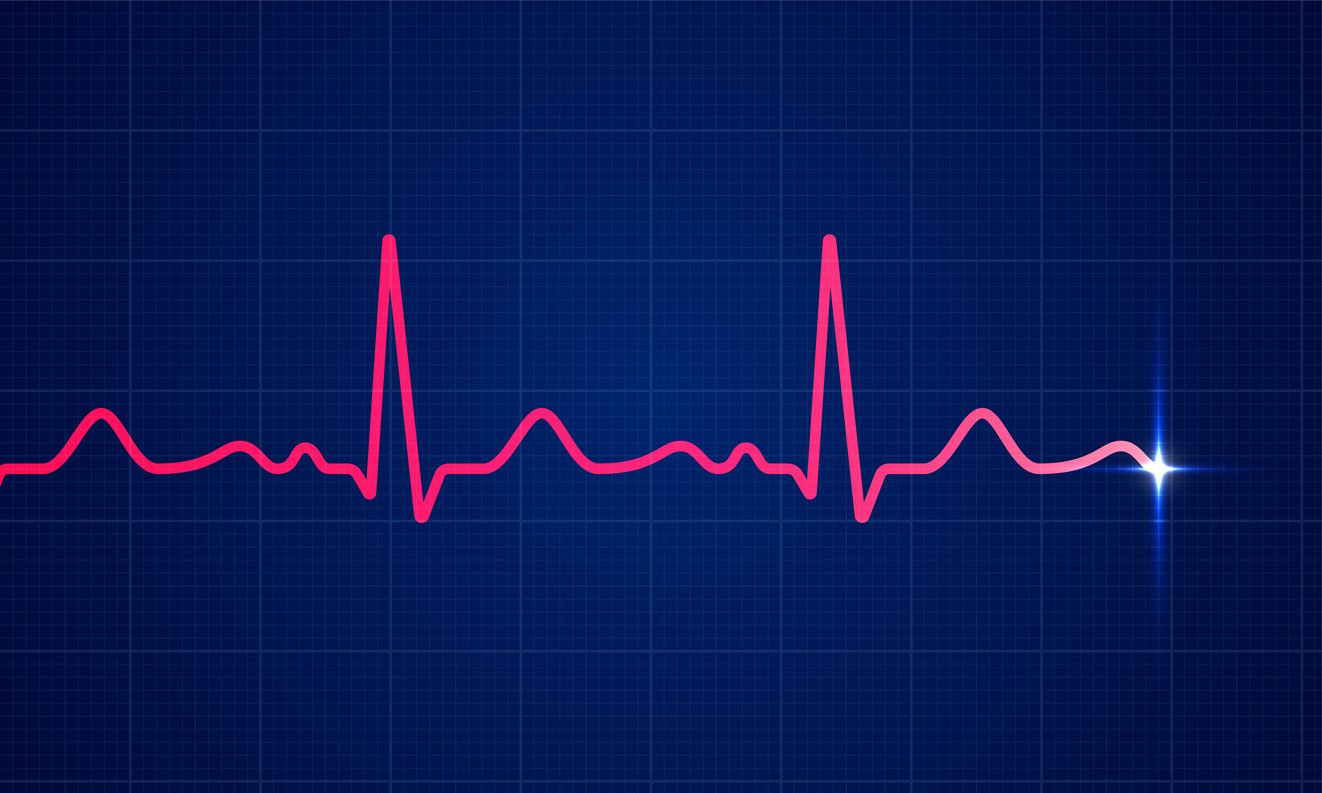Want to stay in the know on the latest ASC tips and topics?
Recent Posts
Looking for Something?
Categories
- ASC (82)
- ambulatory surgery center (82)
- video (36)
- nurse guide (29)
- patient communication (27)
- patient satisfaction (27)
- covid19 (26)
- surgical facility (25)
- business and finance (22)
- technology (22)
- patient engagement (19)
- ambulatory software (18)
- pre-admissions (16)
- Case Study (14)
- ambulatory surgery center software (11)
- outpatient surgery (11)
- culture of safety (10)
- complex cases (8)
- or volume (8)
- administrator (7)
- employee satisfaction (7)
- infection control (7)
- outpatient surgery software (7)
- risk management (7)
- solutions (7)
- cardiac (6)
- disinfect (6)
- patient tracking (6)
- postop (6)
- total joint (6)
- document management (5)
- implementation (5)
- patient survey (5)
- surgery scheduling (5)
- ASC Everyday Heroes (4)
- hiring (4)
- job security (4)
- payment plan (4)
- preop (4)
- scheduling (4)
- security (4)
- surgery center (4)
- women in healthcare (4)
- ASC booking (3)
- CMS (3)
- CMS requirements (3)
- Derek's Corner (3)
- best practices (3)
- data integration (3)
- everyday heroes (3)
- outpatient surgery center (3)
- patient registration (3)
- preop nurse (3)
- revenue (3)
- senior patients (3)
- specialty procedures (3)
- texting (3)
- vendor management (3)
- ASC quality reporting (2)
- Accreditation (2)
- GI (2)
- ambulatory surgery center surveys (2)
- burnout (2)
- cancellations (2)
- clinical (2)
- cost (2)
- digital chart storage (2)
- healthcare consumerism (2)
- hygiene (2)
- new hire (2)
- patient charts (2)
- patient risk (2)
- payments (2)
- screening (2)
- sleep study (2)
- time management (2)
- 2021 (1)
- 4 tips (1)
- Accredited (1)
- Billing (1)
- ERAS (1)
- One Mnet Health (1)
- SaaS (1)
- capnography (1)
- certfication (1)
- colonoscopy (1)
- conscious sedation (1)
- corona virus (1)
- customer spotlight (1)
- diagnosis (1)
- elderly patients (1)
- endo (1)
- intubation (1)
- laryngoscopy (1)
- marketing (1)
- obesity (1)
- online pre-admissions (1)
- outsourcing (1)
- patient (1)
- patient finance (1)
- patient satifaction (1)
- payment (1)
- personalized care (1)
- physician offices (1)
- pricing (1)
- recovery (1)
- sleep apnea (1)
- staff burden (1)
- staffing shortage (1)
- surgery center management software (1)
- top 12 (1)
- vendor communication (1)
- vendors (1)
This is blog 2 of 3 that explains the ins and outs of pre-admissions cardiac testing from my perspective. As an anesthesiologist, with over 30 years of experience, I’ve done everything from open heart and liver transplant to fast-paced ASCs and pain management. My goal is to provide a common-sense explanation that helps ASC preop nurses to better understand cardiac testing in the context of a preop evaluation for ambulatory surgery.
So here’s what I can tell you: If stranded on a deserted island (or is it a desert island!?) doing anesthesia on old folks and I could have only one cardiac test, the cardiac echo would be it. Hands down. Stop the show.
20 years ago, most ASCs typically cared for ASA 1 and 2 patients: young, relatively healthy patients having simple, relatively non-invasive surgery. Fast forward to 2021 - as advances in anesthesia techniques, surgical techniques, and an overall better understanding of minimizing risk for ambulatory surgical patients has evolved, most ambulatory surgery center preop surgical nurses today will routinely care for at least some ASA 3 patients.
As an ambulatory surgical nurse, you know what that means: older, sicker patients with more cardiac problems. Frequently, these patients come with either (1) a slew of pre-admissions documentation that you have to weed through or (2) nothing at all. It seems like there’s never just the right amount!
As we learned in Part 1 of this article, EF is one of the most, if not THE most important thing to know about any patient that you are preoping because of the profound implications of EF on a patient’s overall health as well as how the patient will respond to anesthesia.
Disclaimer: I LOVE cardiac physiology. I spent the first decade of my career doing hearts almost every day at the New England Deaconess Hospital. Lots of liver transplants too. With my engineering mindset, cardiac physiology just clicked. However, there are a lot of nurses (and doctors too!) who really don’t understand cardiac physiology. It's a real shame, because cardiac physiology is easy to understand if you’ve been taught “how” things work versus just being given a bunch of numbers to memorize.
In Part 1 of this 4-part series, I talked about what Ejection Fraction (EF) is. In Part 2, I talked about the classifications of normal and abnormal EF. In this 3rd blog article in the series, I’ll talk about Congestive Heart Failure - commonly known as just CHF.







